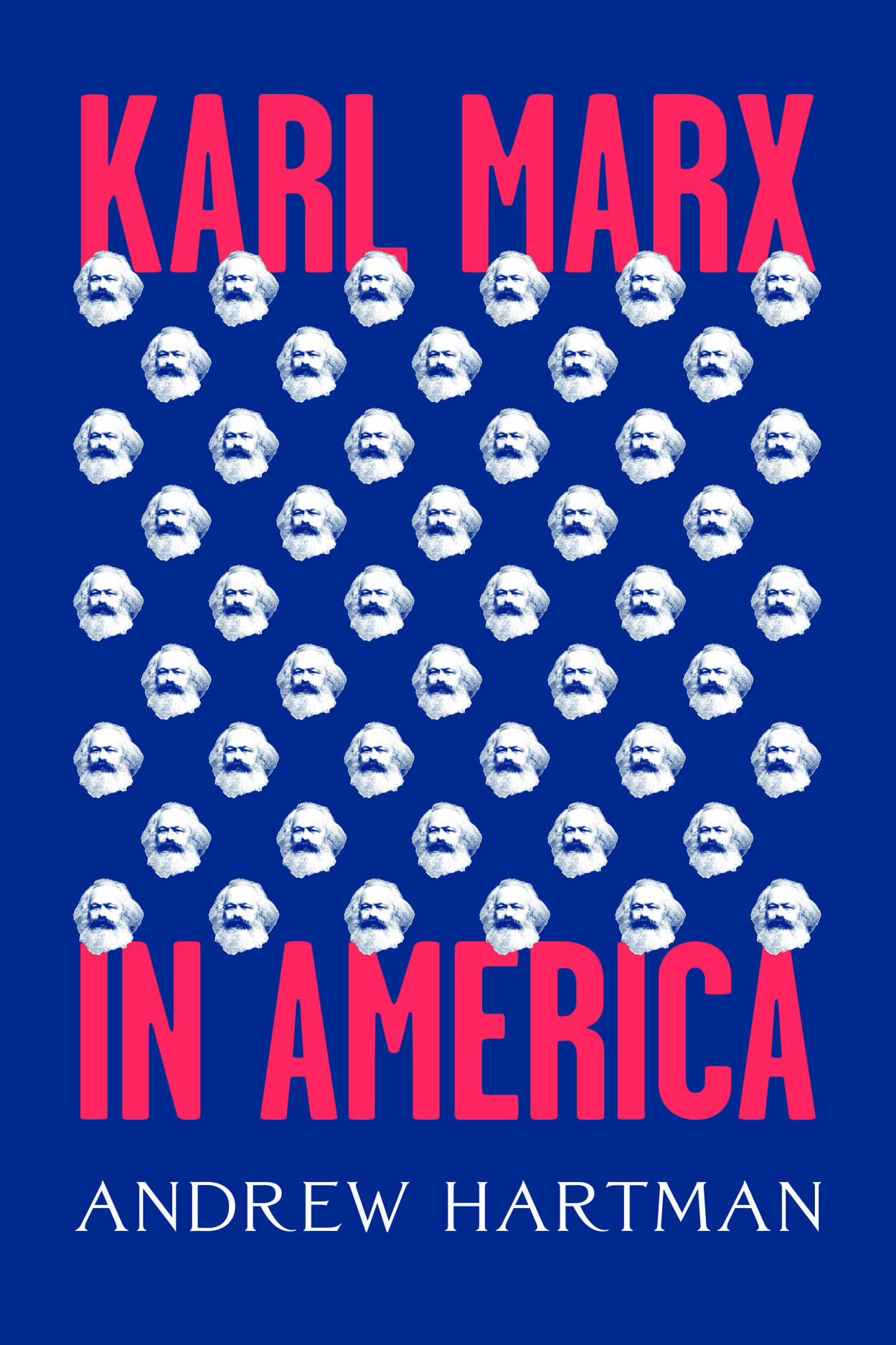There has long been a denial that the United States has a class system, which is often followed by “and if it does, it’s actually good, and is totally distinct from other stodgy, illogical class systems.” This exceptionalism has served to protect US political science from criticism with, for example, the Geneva School of the 1920s asserting that capitalism had to be privileged, and politically protected, because the free market was “the only economic system that did not spawn tyranny,” as Hartman paraphrases their view. This was in opposition to decrepit European monarchism, the Bolshevik revolution underway in Russia, and the various brands of fascism brewing in Europe.
Hartman’s takedown of this exceptionalism argument is particularly satisfying, and he is in a good position to deliver it, having written his first book on the history of the US education system in the Cold War, and another on the intellectual history of the United States.
What is stark in the study of Marxism in America is how well-resourced the haters are. In 1958, Walt Whitman Rostow, “by then a professor of economic history at the Massachusetts Institute of Technology, won a Carnegie Corporation grant to spend a year at Cambridge University developing what would become The Stages of Economic Growth”—a book meant to reorient Marx’s work away from a progression of history whose end goal was a classless society and toward a “teleology of five historical stages that began with a traditional society, the equivalent of feudalism, and ended with American-style liberal capitalism, or what he termed ‘the age of high mass-consumption.’”
Rostow represents only the beginning of a long succession of Cold War liberals and libertarians who echoed some version of what Daniel Bell said: “Americanism, with its creed of egalitarianism, was a surrogate for socialism.” As Hartman notes, this is a pretty confused idea. US capitalism—especially in a crisis like the Great Depression—has always been propped up by controlled dosages of socialism: “Progressivism wasn’t going to bring down capitalism,” Hartman notes of FDR’s New Deal; “it injected small doses of socialism to render it slightly more humane, and significantly more effective. By borrowing from socialism, progressivism galvanized a new, mightier form of capitalism.” The Congress of Industrial Organizations and the Communist Party USA are representative of the second boom.
